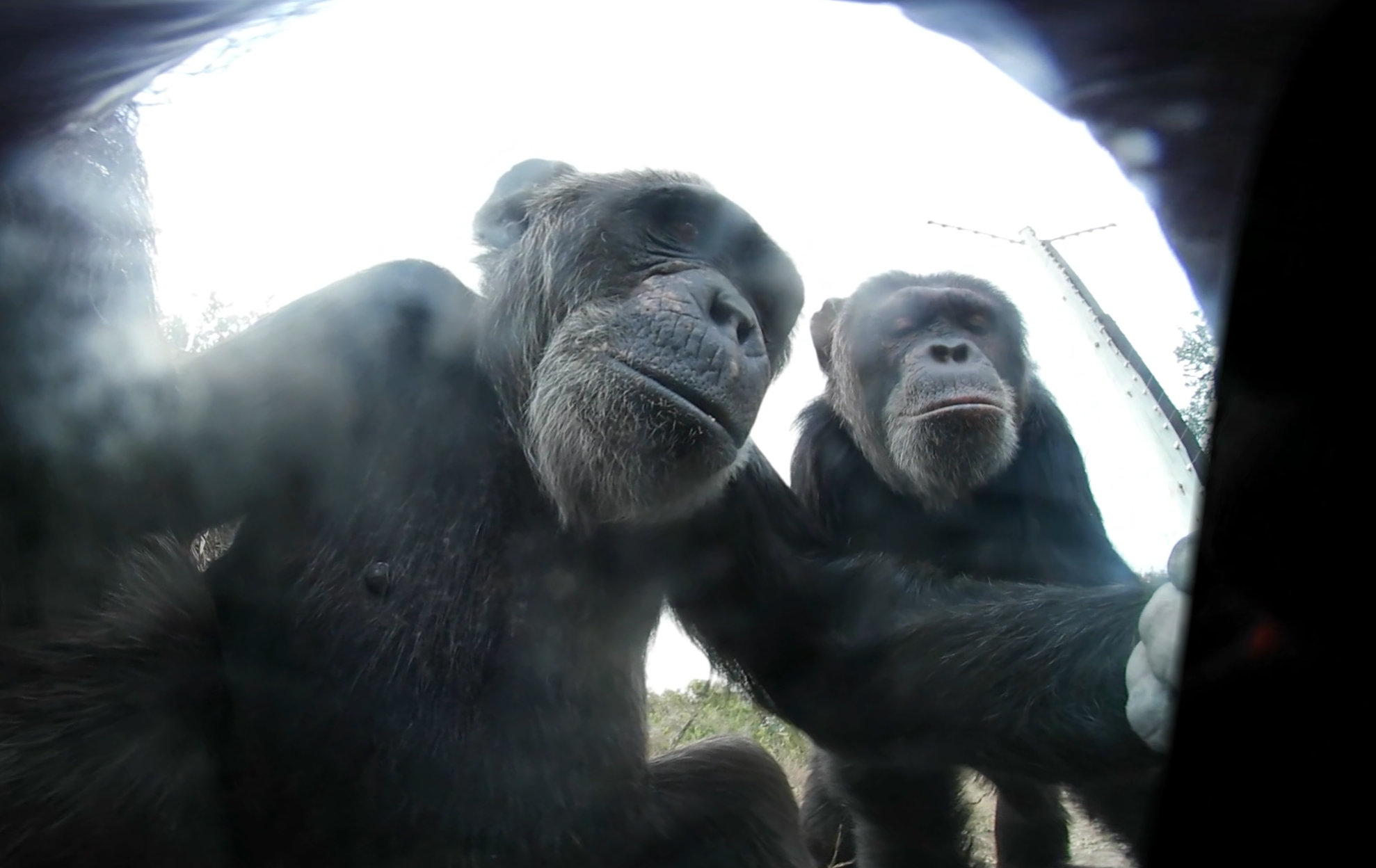In a future-changing decision, a federal appeals court has ruled that works created solely by artificial intelligence (AI) without any human involvement do not qualify for copyright protection in the United States. This ruling has significant implications for the future of AI-generated content in creative industries.
The Case Behind The Ruling
The case began after Dr. Stephen Thaler, a computer scientist, created an AI system called “Creativity Machine.” This machine eventually generated a digital artwork titled “A Recent Entrance to Paradise.” Thaler submitted a copyright application to the US Copyright Office, listing the Creativity Machine as the sole author of the work. However, the Copyright Office rejected the application, stating that the work must be authored by a human being, in line with the Copyright Act of 1976.
Thaler challenged this decision, but the federal courts upheld the rejection. The District Court for the District of Columbia agreed with the Copyright Office, and the appeals court affirmed this ruling, reinforcing the importance of human authorship in the copyright process.
The Court’s Reasoning and Implications
Circuit Judge Patricia A. Millett, who wrote for the US Court of Appeals for the District of Columbia, clarified that under the current Copyright Act, all work eligible for protection must be “Authorized in the first instance by a human being”.
While acknowledging the potential for AI to contribute to creative processes, the court emphasized that any changes to copyright law should come from Congress, not the judiciary.
The ruling follows a broader trend in copyright law, which has historically required human involvement in the creation of original work. Judge Millett pointed to previous cases, including one where a monkey’s selfie was deemed non-copyrightable, to underline that AI-generated content without human authorship falls outside the scope of copyright protection.
Note: Not the actual image
The Future of AI and Copyright Law
While this decision impacts the AI field, the conversation about how much AI should contribute to creative works remains unresolved. The Copyright Office has allowed the registration of works where AI is used alongside human authors, but AI as the sole creator is still a gray area. As AI technology continues to advance, the debate over its role in copyright law will likely grow.
For now, this ruling affirms the need for human authorship in the creative process, highlighting the importance of Congress revisiting copyright law to address the rapid growth of AI in artistic fields. For our music community, this is great news as well. Artist can continue to work knowing their careers are safe from unoriginal “Artwork” flooding the industry.




